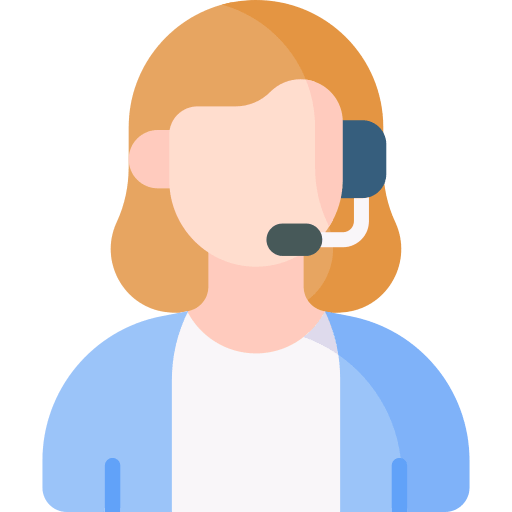Helpful Tips for Caring for Stroke Patients at Home

So, you’ve taken on the respectable errand of caring for a stroke patient at home, huh? Let the specialists at Vesta Elder Care give you a few invaluable pearls of wisdom. To begin with, knowledge is control! Teach yourself approximately this devilishly confusing condition that’s stroke.
Advice: Practise patience like it’s your full-time work since progress can be slower than molasses in January.
Understanding the Impacts of a Stroke
Before tending to how to care for a stroke patient at home, you should fundamentally understand the potential impacts stroke survivors may experience. A stroke happens when the blood supply to or within the brain becomes compromised. This comes in a need for oxygen and essential supplements being conveyed, causing influenced areas of the brain to be harmed.
Depending on the areas of the brain that sustain harm, survivors may experience several physical, cognitive, emotional, and behavioural changes. These effects can shift in seriousness, with a few survivors encountering exceptionally mild impacts, whereas others may have critical limitations requiring around-the-clock care.
Following hospitalisation and a potential stay in a recovery office, numerous stroke survivors return home. While the survivor’s abilities may be improved, numerous still have functional limitations. With this in mind, you should understand how to care for a stroke patient at home to support your loved one best.
Planning to Care for a Stroke Survivor at Home
Before a stroke survivor returns home, you can take several steps to prepare for entry and care. Here, our attendants can provide you with all the support and help you make changes to the domestic environment to ease the transition home.
Ø Consult with Medical Experts
Whereas medical caretakers are fundamental components of a survivor’s medical group, their physical, occupational, and speech advisors considerably understand the survivor’s capacities and limitations. Occupational specialists, in particular, specialise in surveying one’s capacity to participate in day-by-day exercises.
Hence, occupational advisors may understand what sorts of help a survivor may require upon returning home. They can advise you on which adaptive tools can be accommodating.
Ø Consider Making Domestic Adjustments
Stroke survivors are frequently at a high risk of falling due to hemiplegia, balance issues, or one-sided disregard. Ideally, it would be best if you made domestic adjustments to move forward the survivor’s capacity to explore the domestic securely upon their entry.
Standard domestic adjustments incorporate introducing grab bars and non-slip mats, diminishing clutter, and evacuating floor mats and strings from walkways. An occupational specialist can be an incredible asset in examining the most fitting domestic adjustments.
How to Care for a Stroke Survivor at Home?
Since each stroke is distinctive, each survivor’s needs will shift upon returning home. There are a few tips, however, that you can apply to nearly any survivor’s circumstance. This may include providing suitable help, centring on compensatory strategies, and anticipating further complications.
Ø Doing With, Not Doing For
Indeed, upon returning home, stroke survivors are proceeding to recoup affected capacities. To advance recovery, it is fundamental that you permit survivors to do as much as they can.
If a survivor is battling a task, we, as caregivers, refrain from jumping in and completing the errand. We may provide additional help to complete the process together, empowering the survivors to thrust themselves to do as much as conceivable. Challenging errands, particularly on a day-by-day basis, can assist recovery by stimulating neuroplasticity or adaptive brain rewiring.
Moreover, encouraging survivors to take a dynamic part in their day-by-day exercises can assist them in gaining a more positive viewpoint on their recuperation process. Caring for a survivor’s emotional needs is as vital as caring for their physical needs.
Hence, it would be best to be as empowering, elevating, and spurring as conceivable. In case a survivor’s emotional needs are critical, a therapeutic discussion should be sought.
Conclusion
Family members and caregivers are crucial in caring for an individual’s prompt needs and empowering recuperation. In this manner, to best support their loved ones, you must also remember to look out for themselves. Caring for a stroke patient at home can be a challenging errand, but the end reward is well worth the work! Contact us to bring in expert help for those who have survived a stroke.
